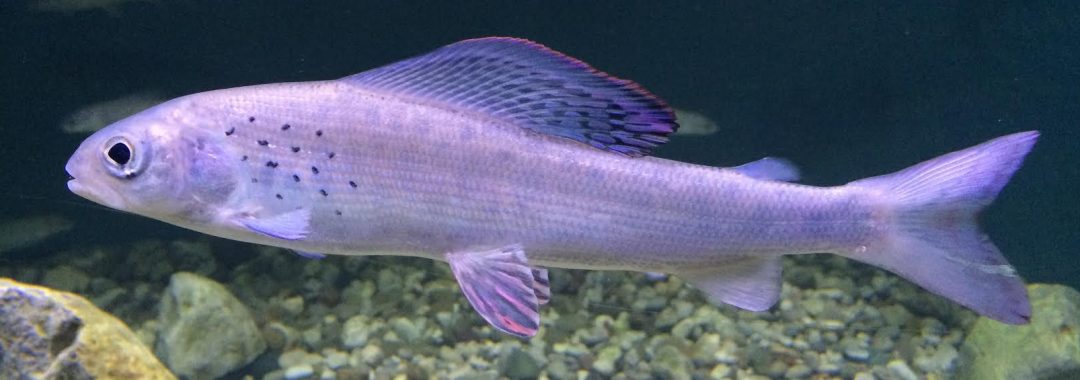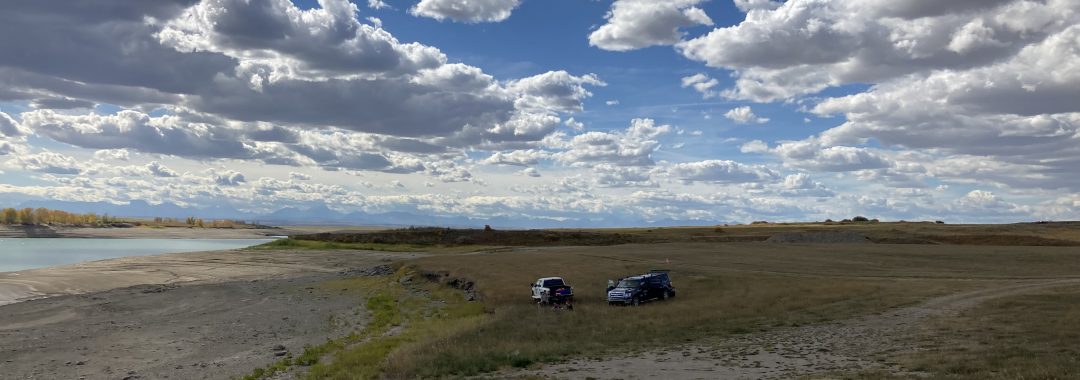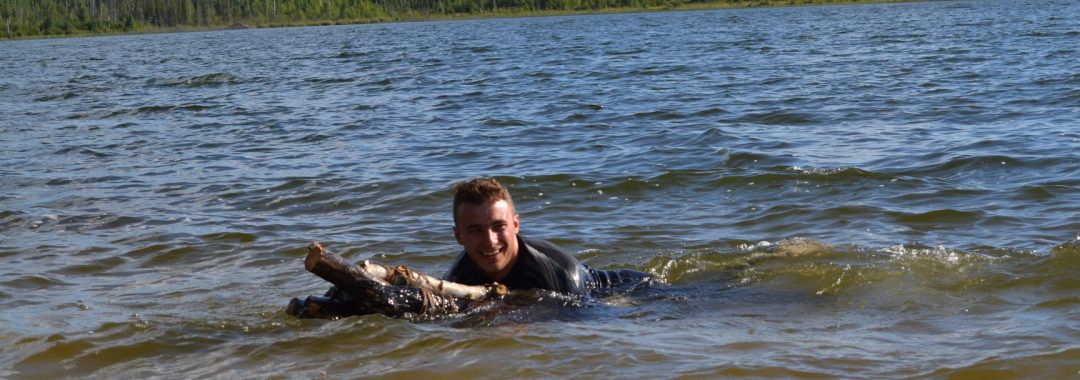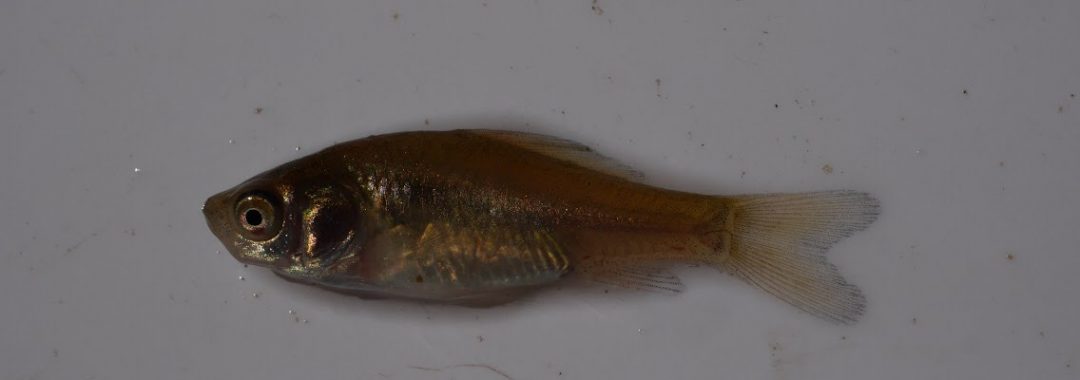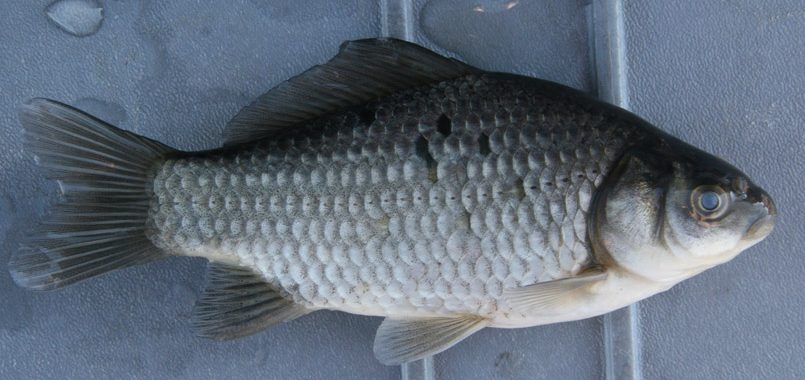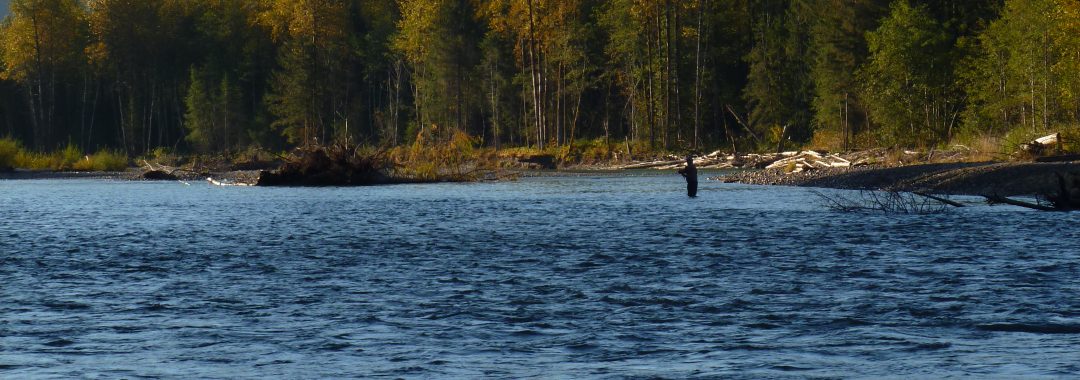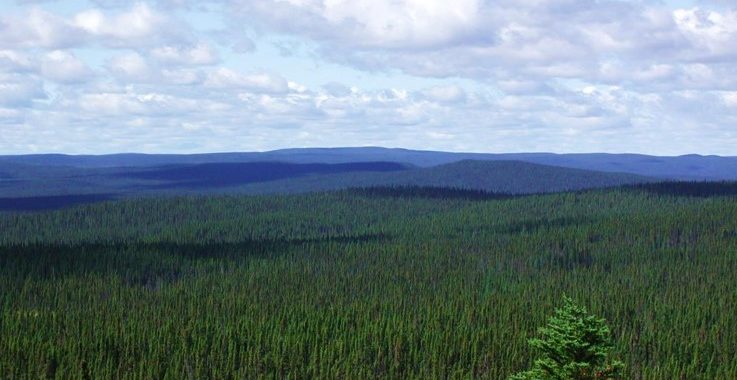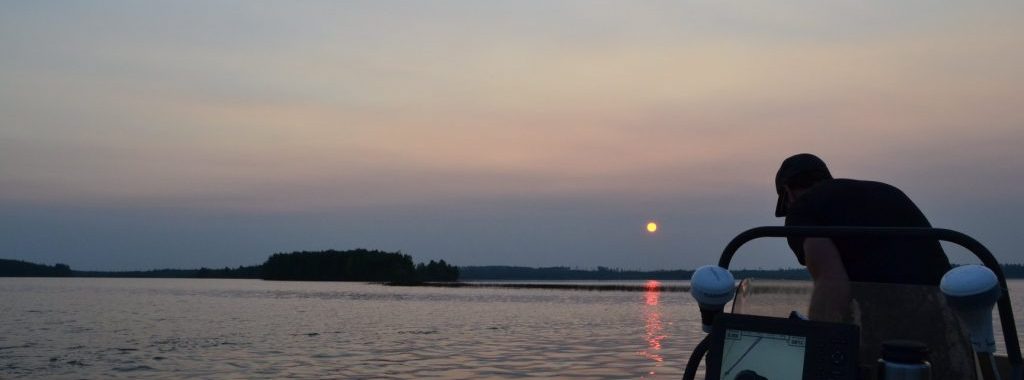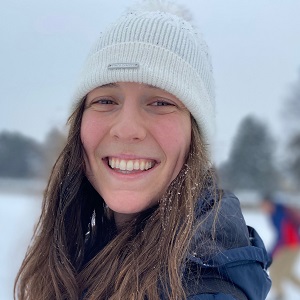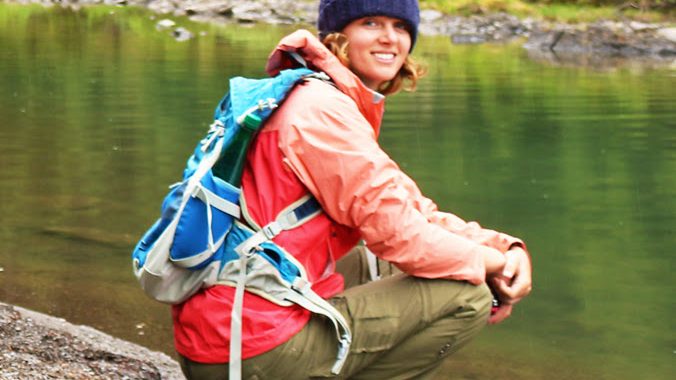Abstract:
Northern aquatic ecosystems face increasing pressures from climate change and natural resource development. The Arctic Grayling (Thymallus arcticus) is a widely distributed, northern freshwater fish which can be vulnerable to such pressures. There remains a paucity of information on life stage requirements through most of the species’ range to reliably map and manage habitat to protect populations into the future. We sought to characterize fluvial Arctic Grayling distribution among mountain streams and determine habitat characteristics that habitat use across life stages. Sampling was conducted at 183 sites across the Little Nahanni River watershed to collect information on fish distribution and reach-scale habitat parameters. Arctic Grayling were collected for biological analyses of age, size, weight, and reproductive development. Based on age and size-classes there were four distinct post-emergence life stages: YOY, juvenile, sub-adult and adult. YOY Arctic Grayling were found exclusively in low elevation (<1000 m) streams, flat-water habitat dominated by silty-sand substrate with average water temperatures >10oC. Similarly, juvenile Arctic Grayling occupied low elevation, warm water stream habitat, but associated strongly with run habitats. Sub-adult Arctic Grayling, the most widely distributed life-stage, were found associated with riffle, pool, and cascade-boulder habitats. Adults occupied high elevation (>1200 m) habitats that were cold (mean stream temperature = 7oC), and had higher proportions of pool and boulder habitat. The dynamic nature of Arctic Grayling habitat use in mountain streams highlights the need to consider habitat complexes at the watershed scale when defining species life stage requirements, managing habitats, monitoring populations, and assessing potential impacts. Keywords: Climate Change; Water Stress; Biodiversity; Preservation.
Citation: McPherson, M., Lewis, J.B., Cott, P.B., Baker, L.F., Mochnacz, N.J. Swanson, H.K., and S. Poesch. (2023) Habitat use by fluvial Arctic Grayling (Thymallus arcticus) across life stages in northern mountain streams. Environmental Biology of Fishes 106: 1001-1020.
Also Read:
*Lab members: Morag McPherson and Mark Poesch. Check out opportunities in the lab!

